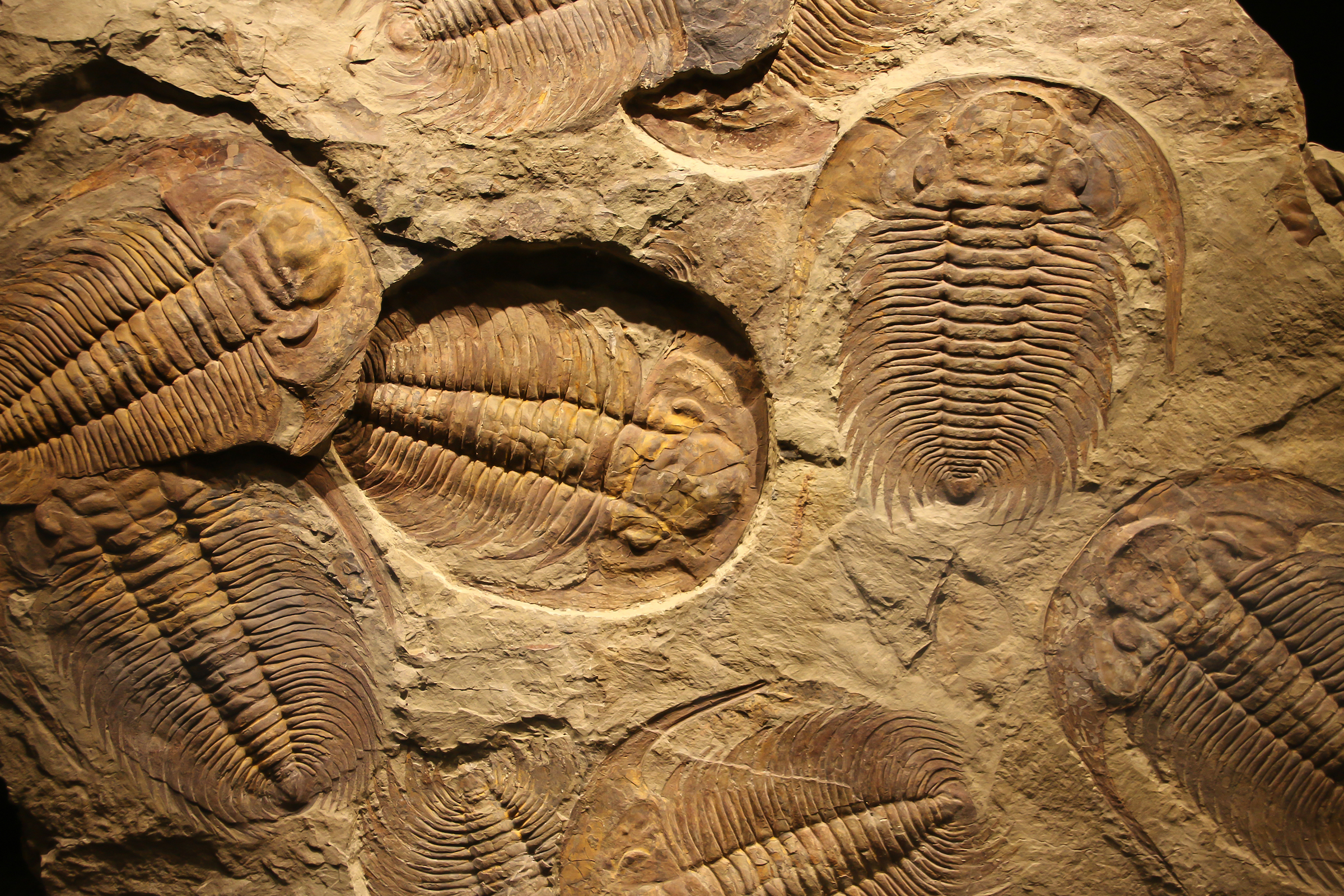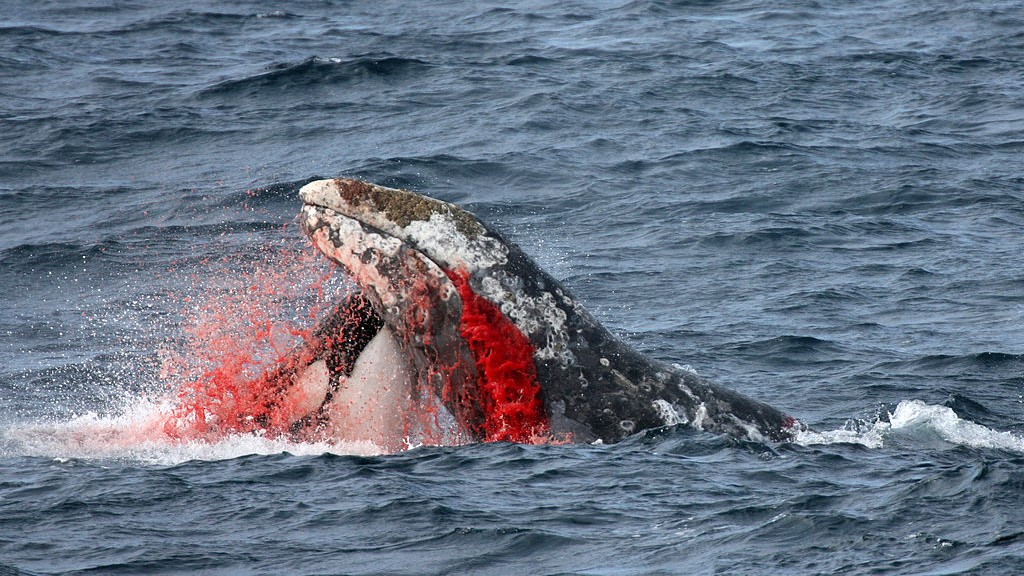Why did trilobites go extinct?
These armored animals survived for 270 million years.

Trilobites are weird creatures — they look like giant swimming potato bugs wearing helmets, and lived on Earth for a whopping 270 million years. These armored invertebrates, whose species once numbered in the thousands, thrived in the oceans as they scavenged and dug for food, and even managed to survive two mass extinctions.
But about 252 million years ago, trilobites disappeared from the fossil record. What finally wiped out this class of resilient bottom dwellers?
The trilobite's disappearance coincided with the end-Permian extinction (also known as the Permian-Triassic extinction), the third and the most devastating mass extinction event. Volcanic eruptions in Siberia spewed enormous amounts of lava for around 2 million years, according to Melanie Hopkins, an associate curator of paleontology at the American Museum of Natural History in New York City. These fiery eruptions sent trillions of tons of carbon dioxide into the atmosphere, triggering ocean acidification, which in turn made it very difficult for marine animals to survive, according to a 2010 paper published in the journal Proceedings of the National Academy of Sciences. Up to 95% of marine species succumbed to the end-Permian extinction, also known as the Great Dying, including the trilobites.
Related: How long do most species last before going extinct?
The trilobites, however, had already started a downward spiral toward extinction by that point. "By the time you get to this mass extinction, there aren't that many trilobites around," Hopkins told Live Science. That's because environmental and evolutionary changes had whittled away at this class of creatures.
Hopkins studies the changes in trilobite body shape and size over time, and how these factors affected their survival. When trilobites first emerged at the beginning of the Cambrian period (541 million to 485 million years ago), they were extremely diverse, potentially because there weren't that many competitors, Hopkins said. Trilobite adaptations during the early Cambrian were mainly related to growth and development, such as variations in how many segments or limbs they had.
But during the Ordovician Period, starting around 485 million years ago, competition and predation came more into play than it had before. At this time "a lot of [trilobite] adaptation is clearly related to ecology," Hopkins said. Some trilobites developed different eye positioning, harder exoskeletons or the ability to roll into a ball. These adaptations, paleontologists suspect, made trilobites more successful on the increasingly competitive ocean floor. And in the long run, these pressures could have constrained the trilobites' recovery from the coming mass extinctions.
Get the world’s most fascinating discoveries delivered straight to your inbox.
Then came the world's first mass extinction: the Ordovician-Silurian extinction around 444 million years ago, caused by a global cooling and a decrease in sea levels, according to the Department of Earth Science at the University of Southern California. The number of trilobites species, once in the thousands, dropped into the hundreds, according to the American Museum of Natural History. Although food webs and ecosystems remained intact, the trilobites "never quite diversify or reach the numbers they achieved previously," Hopkins said. Escalating competition in their ocean habitats may be what kept them from a full rebound.
The second mass extinction, the Late Devonian, hit the trilobites starting around 375 million years ago. The Late Devonian extinction was slower and the cause less specific than the one before and after it. It's harder to study because it happened over a long interval, Hopkins said, but it likely led to a slowing of evolution and diversification. Though the direct cause is less clear, the effect of the second extinction on the trilobites was profound. Entire orders — in biology animals are categorized into orders, families, groups and, finally, species — went extinct. After the second extinction, there was only one family remaining in the class Trilobita: the Proetidae.
"That's all that was left," Hopkins said.
It's unclear what made Proetidae so resilient. They were relatively simple creatures compared with some of the more massive and monstrous trilobites that have existed. By the third extinction, the end-Permian, the competition, predators and environmental changes had flipped the odds against the ancient Proetida. They couldn't withstand the global warming events set in motion by the volcanic eruptions.
The specifics of what made the trilobites so resilient and so vulnerable is still very much under study. One way to learn more about why they went extinct, Hopkins said, "is to figure out why they never diversified again to the same extent. But that question remains unanswered."
Originally published on Live Science.

Donavyn Coffey is a Kentucky-based health and environment journalist reporting on healthcare, food systems and anything you can CRISPR. Her work has appeared in Scientific American, Wired UK, Popular Science and Youth Today, among others. Donavyn was a Fulbright Fellow to Denmark where she studied molecular nutrition and food policy. She holds a bachelor's degree in biotechnology from the University of Kentucky and master's degrees in food technology from Aarhus University and journalism from New York University.



